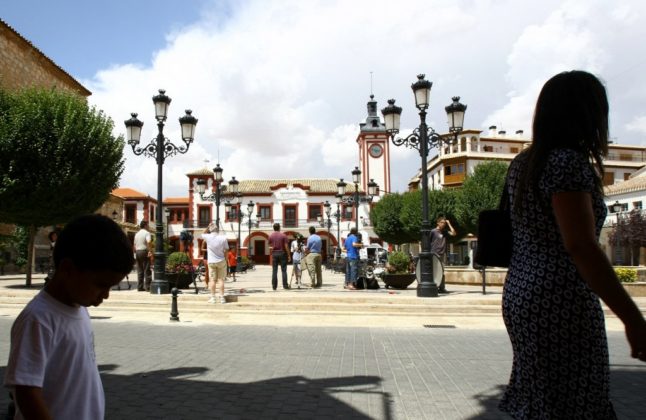What is it?
The empadronamiento is a certificate you are supposed to get within the first three months of moving to Spain or if you move home within Spain.
It’s essentially a document which proves your address and adds you to the census of the area where you live, although it serves many other purposes.
What do I need it for?
There are several things you might need to show a padrón certificate for, including applying for a public health card, getting your children into a local school, getting married and obtaining a social security number.
Each area or Town Hall will also benefit from you registering for the empadronamiento, as they receive funding based on how many people are ‘empadronados’ in their area.
While it is not a strict requirement to register you may run into difficulties with certain administrative procedures if you don’t have one. It has also been advised that anyone trying to register for residency in Spain because of Brexit should apply for the certificate in order to prove that they are a permanent resident in Spain.
READ MORE:
- 16 things you should know about Spain’s town registration
- Why the padrón could cause problems for UK second-home owners in Spain post-Brexit
How do I apply?
You can apply for the empadronamiento through your local council at the ‘Oficina de empadronamiento’ or ‘Oficina d’atencion ciudadana’ depending on what it is called in your area.
In most towns and especially in big cities such as Madrid and Barcelona, you will need to apply for an appointment or cita previa first. This can be done online or is sometimes done in person at the machines in your local office.
Each of the different neighbourhoods in the big cities has its own Ayuntamiento or Town Hall, and as part of this its own empadronamiento office or citizen’s attention office.
Once you get your appointment you will need to fill out a form called the Solicitud de Empadronamiento and bring along several documents.
After applying, you’ll either be given the certificate straight away or will have to wait a couple of weeks, depending on how the process works in your municipality. When you have the certificate, you will be described as ‘empadronado’ in that town or neighbourhood.
What documents will I need?
There are several official documents you’ll need in order to apply for the empadronamiento. Remember that you will need originals and photocopies of each of these documents. These include:
- ID documents such as your passport, green residency document, TIE or DNI
- Proof of residence such as a rental contract, deeds to your property or a recent utility bill
As is often the case in Spain when it comes to bureaucratic matters, different town halls tend to do thing in their own way and may ask you for additional documents, such as a copy of the documents of family members living with you, birth certificates of your underage children if you’re registering them, or a written confirmation from your landlord stating that you live at the property, along with a copy of their ID.
It’s worth checking on your Spanish town hall’s website beforehand to find out if there’s anything additional you need to provide
Other things you should know
Keep in mind that waiting times for appointments vary greatly and may be issued for three months in the future, so you need to apply as soon as you can if you need to show your certificate for something.
Most official offices will require that your empadronamiento certificate be issued within three months, so remember you that you may need to renew it if doing anything official.
You also need to remember that you will need to apply for a new padrón each time you move home so that your address and record of where you live is up to date. This is true even if you’re moving somewhere else within the same city.
In some cases, it’s possible to complete the process online, but it depends on several circumstances.
READ ALSO:
- Can I get my padrón online in Spain?
- How to get a digital certificate in Spain to complete official processes online
Useful Spanish vocab:
Certificado de empadronamiento – Town hall registration certificate
Empadronarse – To register at the town hall of the municipality where you live
Empadronado – Registered at the town hall, when you have completed the process
Oficina d’atencion ciudadana – Citizen advice office
Sede Electrónica – The webpage of the town hall where you can complete the padrón process online, with a digital certificate
Ayuntamiento – Town Hall
Cita previa – An appointment made in advance, often for official processes



 Please whitelist us to continue reading.
Please whitelist us to continue reading.
Hmmmm … Having just gone through this experience, I also needed a signed confirmation from the landlord of the apartment that we are renting, along with a copy of his NIE, his passport and confirmation of his paid taxes in 2019.
Also will need to provide information of others living with you, spouse NIE, children NIE and birth certificates of children. The certificate is also only valid for 3 months so if you need one later you don’t have to reapply or “renew” as the article states but you get a new copy with a new date.